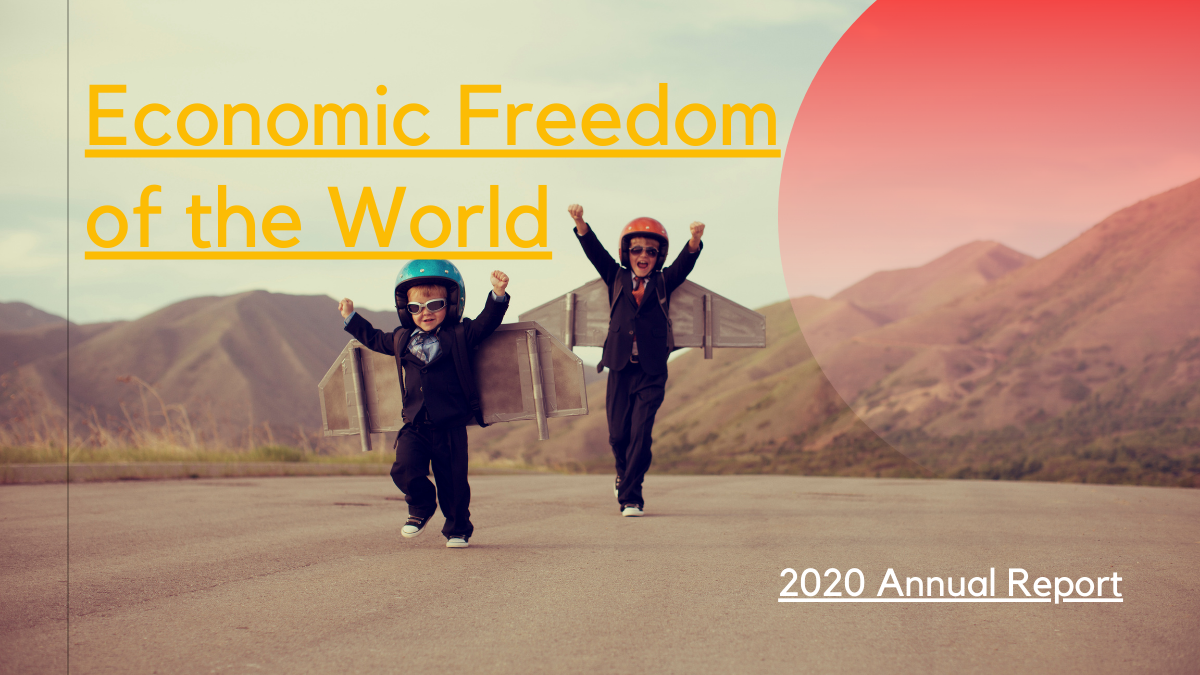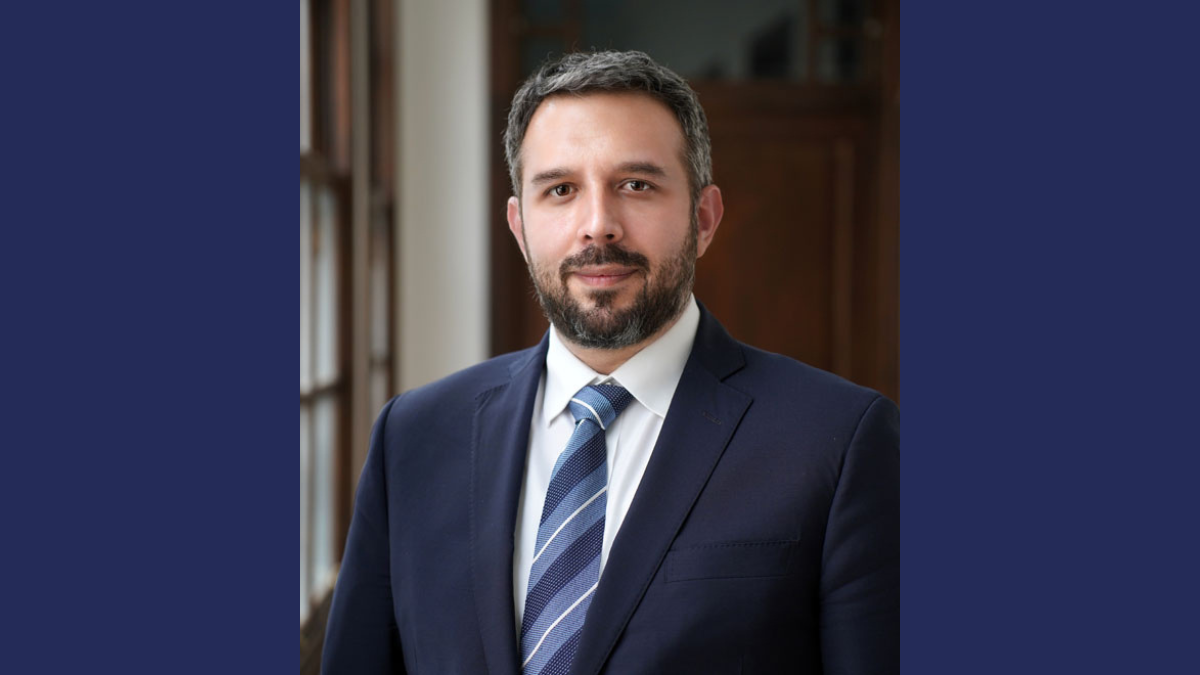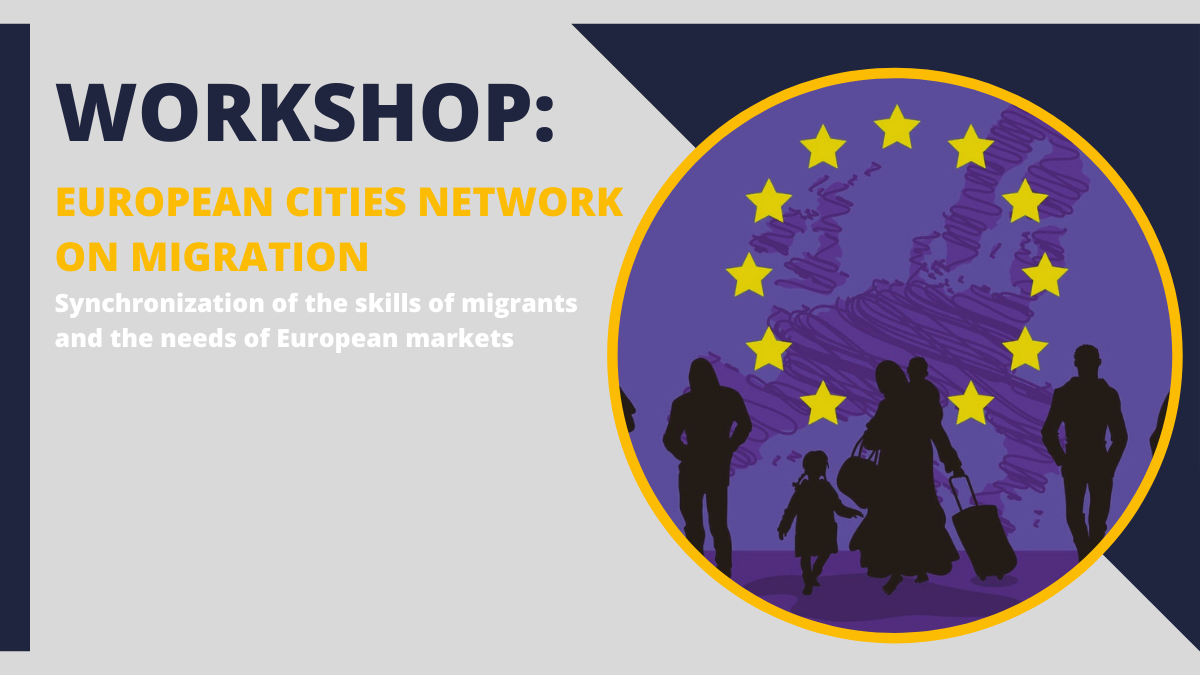
Economic Freedom of the World: Greece ranks 92nd out of 162 jurisdictions

Greece ranks 92nd out of 162 countries and territories included in the Economic Freedom of the World: 2020 Annual Report, released today by KEFiM in conjunction with Canada’s Fraser Institute.
Last year, Greece ranked 85th.
The report was prepared by James Gwartney, Florida State University; Robert Lawson and Ryan Murphy of Southern Methodist University; and Joshua Hall, West Virginia University. It measures the economic freedom (levels of personal choice, ability to enter markets, security of privately owned property, rule of law, etc.) by analysing the policies and institutions of 162 countries and territories.
The study ranks Greece among the 15 countries with the largest size of government in the world. Greece’s overall performance in the Index of Economic Freedom places the country between Colombia and Morocco.
Greece ranks in key components of economic freedom:
- Size of government: 149th
- Legal system and property rights: 52nd
- Access to sound money: 109th
- Freedom to trade internationally: 57th
- Regulation of credit, labour and business: 78th
Hong Kong and Singapore again top the index, continuing their streak as 1st and 2nd respectively. New Zealand, Switzerland, the United States, Australia, Mauritius, Georgia, Canada and Ireland round out the top 10.
The 10 lowest-rated countries are African Republic, Democratic Republic of Congo, Zimbabwe, Republic of Congo, Algeria, Iran, Angola, Libya, Sudan and Venezuela. Despotic countries such as North Korea and Cuba can’t be ranked due to lack of data.
Other notable rankings include Japan (20th), Germany (21st), Italy (51st), France (58th), Mexico (68th), Russia (89th), India (105th), Brazil (105th) and China (124th).
According to research in top peer-reviewed academic journals, people living in countries with high levels of economic freedom enjoy greater prosperity, more political and civil liberties, and longer lives.
KEFiM’s Executive Director Nicos Rompapas said: “Those who operate in Greece continue to experience extensive state control over the economy and face obstacles in their every move. Apart from the disappointing position that our country has among the EU countries where for another year it comes last, the fact of the great dysfunction of the public administration is impressive. In this year’s index that presents our performance in 2018, one of the most important problems is the high percentages of bias and favoritism in the state mechanism, which creates daily difficulties in the transactions of citizens and businesses with the public sector. Finally, the deterioration of our score in all indicators related to rights and their protection, in relation to 2017, is also impressive. In total, regarding economic freedom Greece should aim at Cyprus, which is in the 22nd place in the world, rather than at Turkey, which is in 99th place. “
The Fraser Institute produces the annual Economic Freedom of the World report in cooperation with the Economic Freedom Network, a group of independent research and educational institutes in nearly 100 countries and territories. It’s the world’s premier measurement of economic freedom, measuring and ranking countries in five areas—size of government, legal structure and security of property rights, access to sound money, freedom to trade internationally and regulation of credit, labour and business.
For more information on the Economic Freedom Network, datasets, and previous Economic Freedom of the World reports, go to www.fraserinstitute.org/economic-freedom.
Σχετικά άρθρα

 Επιστροφή στη λίστα
Επιστροφή στη λίστα


